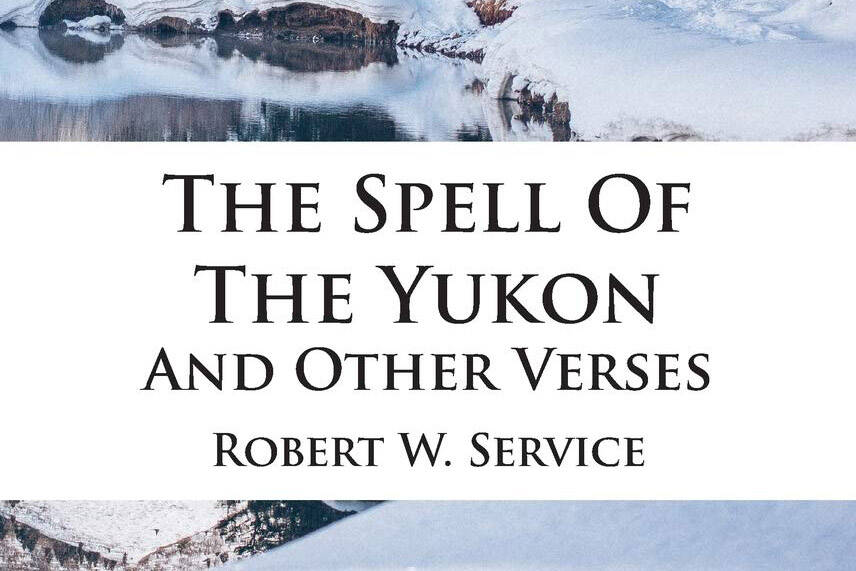I’m the first to say that poetry isn’t my favorite genre. But I felt pulled to explore some of Robert Service’s work after being blown away in August by Kristin Hannah’s, “The Great Alone,” which takes its title from a poem by the so-called “bard of the Yukon.”
Service, a British-born Canadian poet, published his first collection of poetry in 1907 as “The Spell of the Yukon and Other Verses,” which was also published in Britain as “Songs of a Sourdough.” Service sets a lot of poems to an ABAB rhyme structure that gives them rhythm and a somewhat musical quality. Many read like folksy ghost stories about life in the north and brought a smile to my face.
It’s from that 1907 collection that we get the familiar line, “There are strange things done in the midnight sun,” which opens Service’s “The Cremation of Sam McGee.”
That piece spins a jaunty tale about a man from Tennessee who is so bothered by the Yukon’s cold weather that he asks the narrator, as his dying wish, to be cremated so that he isn’t left to an “icy grave.” After setting the man’s body on fire inside an abandoned boat, the narrator returns to the scene only to find that the man has thawed out and is warming himself by the flames.
“And there sat Sam, looking cool and calm, in the heart of the furnace roar;
And he wore a smile you could see a mile,
and he said: “Please close that door.
It’s fine in here, but I greatly fear you’ll let in the cold and storm —
Since I left Plumtree, down in Tennessee,
it’s the first time I’ve been warm.”
Still, not all tell such quaint tales. Others touch on WWI, desolation and the rugged aspects of life in the Yukon.
One also cannot ignore Service’s dated language. Like a lot of reading someone’s work who was born during a different time, there’s a noticeable use of words that are unacceptable when read in 2023. I think the Poetry Foundation put it best.
“A casual usage of what would today be considered ethnic slurs complicates contemporary readings of his work, though his epic, rhymed, often humorous poems about the West’s wilderness, Yukon gold miners, and World War I show the narrative mastery, appetite for adventure, and eye for detail that enabled him to bridge the spheres of popular and literary audiences,” their page on Service says.
Fortunately, living in the age of information means Service’s poems can be accessed with a few taps on a phone screen, not at all requiring much effort. Much of Service’s work can be found online, giving people the option to visit and step away from his poems at their leisure and without having to commit to an entire collection of work at once.
There’s a lot to love about the way Service describes the north in his poems. Many are filled with insightful one-liners and haunting couplets that have stuck with me long after reading. I suppose I have Kristin Hannah to thank for turning me on to the quiet charm of Service’s poetry.
Reach reporter Ashlyn O’Hara at ashlyn.ohara@peninsulaclarion.com. Off the Shelf is a bimonthly literature column written by the staff of the Peninsula Clarion.


